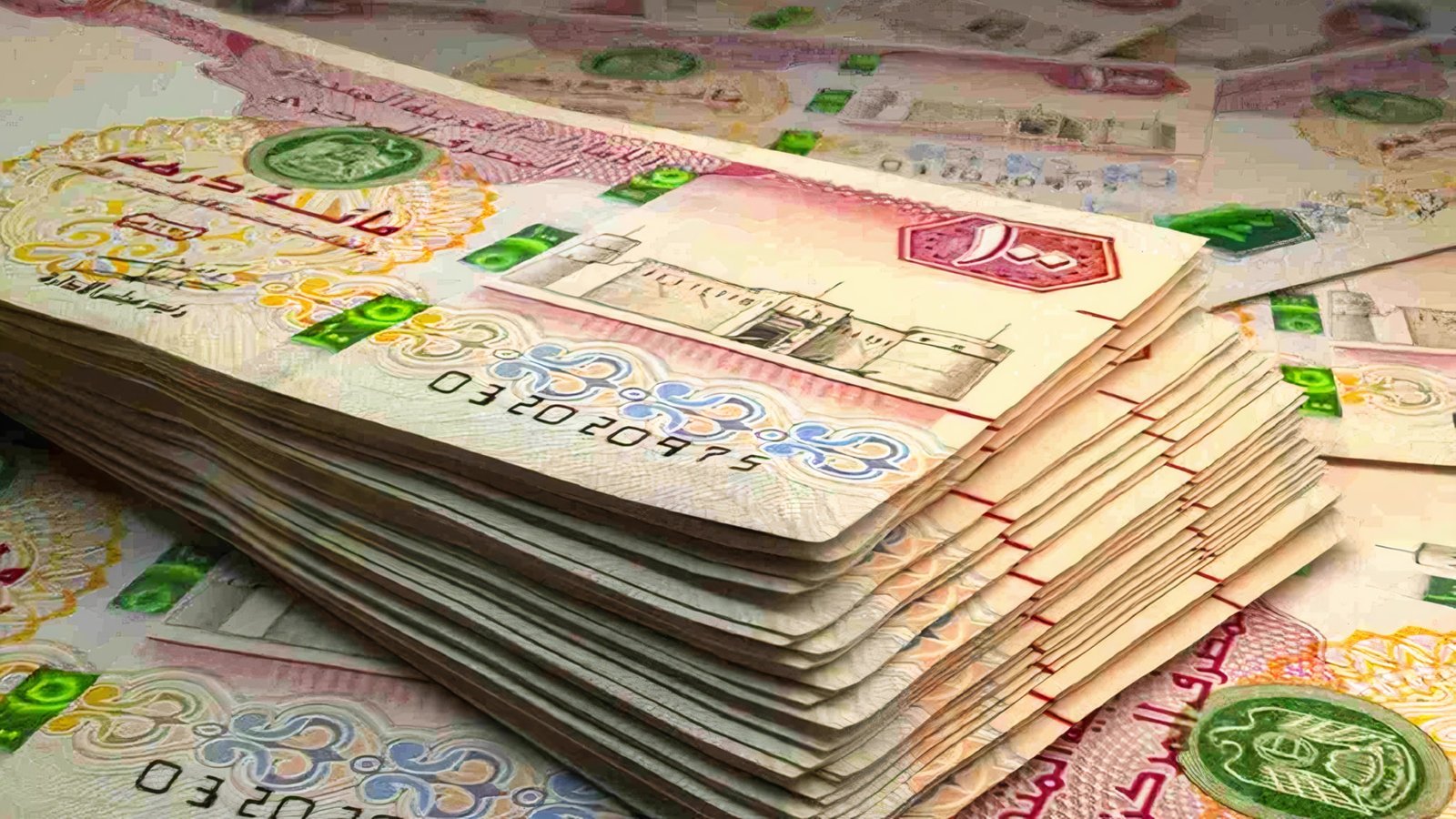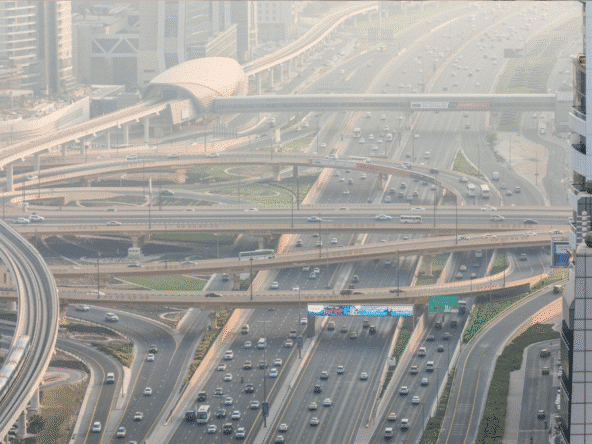In the fast-paced, globalized world we live in today, the role of domestic workers has become increasingly essential. These individuals provide crucial support to households by managing a wide range of tasks that help maintain a functional, clean, and comfortable home environment. From childcare and elder care to housekeeping and cooking, domestic workers contribute significantly to the daily lives of millions of families around the world.
Despite their essential role, domestic workers often remain underappreciated, underpaid, and vulnerable to exploitation. This article aims to highlight the importance of domestic workers, the challenges they face, and the need for better policies, protection, and recognition.
Who Are Domestic Workers?
Domestic workers are individuals employed in private households to perform tasks such as cleaning, cooking, laundry, child-rearing, elderly care, and more. They may live in the home of their employer (live-in workers) or commute from their own homes (live-out workers). Their duties can vary greatly depending on the household’s needs.
The International Labour Organization (ILO) estimates that there are over 75 million domestic workers globally, with a significant majority being women. In some countries, migrant workers make up a large portion of this labor force, often moving across borders in search of better employment opportunities. In family-oriented communities like DAMAC VIOLET 4, the presence of domestic workers is an essential part of daily life, supporting households in maintaining comfort and balance.
The Economic and Social Contribution of Domestic Workers
- The contribution of domestic workers extends beyond the confines of a household. They play a vital role in the larger economy by enabling other members of the household, especially women, to participate in the workforce. Without reliable childcare or eldercare, many professionals would find it difficult to maintain full-time employment.
- Moreover, domestic workers are the backbone of what is often called the “care economy”—a sector that supports human well-being and sustainable development. By taking on domestic responsibilities, they help bridge the gap between professional obligations and personal life, ensuring that families function smoothly.
Common Challenges Faced by Domestic Workers
Despite their essential role, domestic workers face a myriad of challenges that often go unnoticed or unaddressed:
- Lack of Legal Protections
In many countries, labor laws do not fully protect domestic workers. This lack of regulation can lead to long working hours, unpaid overtime, and no access to benefits such as health insurance, paid leave, or retirement plans. In extreme cases, domestic workers may face verbal or physical abuse with little recourse to legal assistance.
- Low Wages and Poor Working Conditions
Many domestic workers are paid far below the minimum wage and work in poor conditions. Their work is often undervalued, partly because it takes place in private homes and is traditionally considered “women’s work.” As a result, domestic workers are among the most economically vulnerable groups in the workforce. Community developments like DAMAC Hills 2 can serve as models for integrating ethical employment practices within residential environments, promoting better standards for both employers and workers.
- Social Stigma and Discrimination
Domestic workers often face social stigma, especially in societies where domestic labor is seen as a lower-status occupation. Migrant domestic workers, in particular, may face additional layers of discrimination based on nationality, language, and race.
The Importance of Fair Treatment and Legal Protection
Ensuring fair treatment of domestic workers is not just a moral imperative—it also leads to more stable, trustworthy, and productive working relationships. When domestic workers are treated with dignity and respect, they are more likely to be motivated and committed to their work.
Legal protections such as fair wages, safe working environments, regular working hours, and the right to unionize can significantly improve the quality of life for domestic workers. Governments and organizations must push for labor reforms that include domestic workers under national labor laws and provide them with access to justice and social services. Similarly, developments like AYKON City Tower C showcase how communities can be built on the foundation of respect, equality, and high standards, creating environments where all members of society can thrive.
The Role of Employers
Employers have a vital role to play in ensuring the well-being of domestic workers. This includes:
- Offering fair compensation based on local standards.
- Providing clear work agreements and contracts.
- Respecting the worker’s privacy and time off.
- Creating a safe, respectful, and inclusive work environment. Communities like DAMAC Hills exemplify how thoughtful residential planning can support such values by fostering respectful, high-quality living environments for all household members, including domestic workers.
Employers who treat domestic workers with respect often find that the quality of work and the overall atmosphere in the household improve dramatically. Trust and mutual respect form the cornerstone of a successful working relationship.
The Impact of Migration on Domestic Workers
- Migration plays a significant role in the domestic workers sector. Many individuals leave their home countries to work as domestic workers abroad, often sending remittances back to support their families. While migration can offer better economic opportunities, it also increases vulnerability. Communities such as DAMAC Lagoons reflect the diversity and multicultural makeup of cities that host large populations of migrant workers, emphasizing the importance of inclusive and supportive environments.
- Migrant domestic workers may face language barriers, lack of knowledge about local laws, and limited access to support networks. Unfortunately, cases of exploitation, abuse, and even human trafficking are not uncommon among this group. This highlights the urgent need for international cooperation and protection mechanisms to safeguard migrant domestic workers.
Technological Advancements and the Future of Domestic Work
- Technology is transforming various sectors, and the field of domestic work is no exception. Online platforms and mobile apps now connect households with domestic workers, offering greater convenience for both parties. However, these platforms also introduce new concerns, such as job insecurity, lack of benefits, and algorithmic discrimination.
- As we move toward a digital future, it’s essential to ensure that technological innovations are used to empower domestic workers, not exploit them. This includes offering fair wages, transparent algorithms, and access to digital literacy training. Companies like DAMAC Properties are also recognizing the role of ethical innovation and community development in building inclusive, forward-thinking urban environments.
Promoting Dignity and Equality for Domestic Workers
- Raising awareness about the contributions of domestic workers is critical to achieving dignity and equality in this sector. Public campaigns, educational initiatives, and policy advocacy can help shift societal attitudes and promote respect for this essential profession.
Non-profit organizations, unions, and international bodies like the ILO continue to advocate for the rights of domestic workers. These efforts include lobbying for policy changes, offering legal aid, and creating platforms for workers to share their stories.
Similarly, DAMAC Park Greens stands as a reminder of the importance of community efforts and collective advocacy, offering a vibrant living space where residents can enjoy luxury and green surroundings while supporting causes that matter. Projects like AYKON City Tower C also reflect a vision of modern urban living that values inclusivity, dignity, and social responsibility.
Related Topics :
Secure Luxury & Growth: Invest in Dubai’s Elite Real Estate
Dubai’s real estate homes market blends opulence with opportunity, offering real estate homes for sale that redefine modern living. At the forefront is DAMAC DEVELOPER, a titan crafting iconic communities like DAMAC Riverside and Dubai Marina, where investment apartments for sale promise both luxury and long-term value. Imagine waking up to panoramic waterfront views in a DAMAC Riverside 2-bedroom apartment or owning a sleek high-rise in Dubai Marina—these a properties real estate masterpieces feature smart-home tech, private pools, and access to 5-star amenities. DAMAC’s expertise ensures every detail, from gold-finish interiors to concierge services, caters to elite tastes. Beyond aesthetics, Dubai’s robust regulatory framework, monitored by entities like MOHRE, guarantees transaction transparency and investor protection. With high rental yields (6%+), flexible payment plans, and Golden Visa eligibility, DAMAC DEVELOPER’s investment apartments for sale are a strategic hedge against inflation. Whether you seek a vibrant urban lifestyle or serene waterfront living, DAMAC’s portfolio delivers unmatched sophistication and ROI. Your dream home awaits—explore DAMAC Riverside and Dubai Marina today, and transform wealth into timeless legacy.
Disclaimer: The information presented in this article is for general informational purposes only. The details provided are based on the best information available at the time of publication and may be subject to change without notice due to potential updates in educational policies or scheduling adjustments by the respective authorities. Readers are advised to contact the relevant offices directly for the most accurate and current information.




